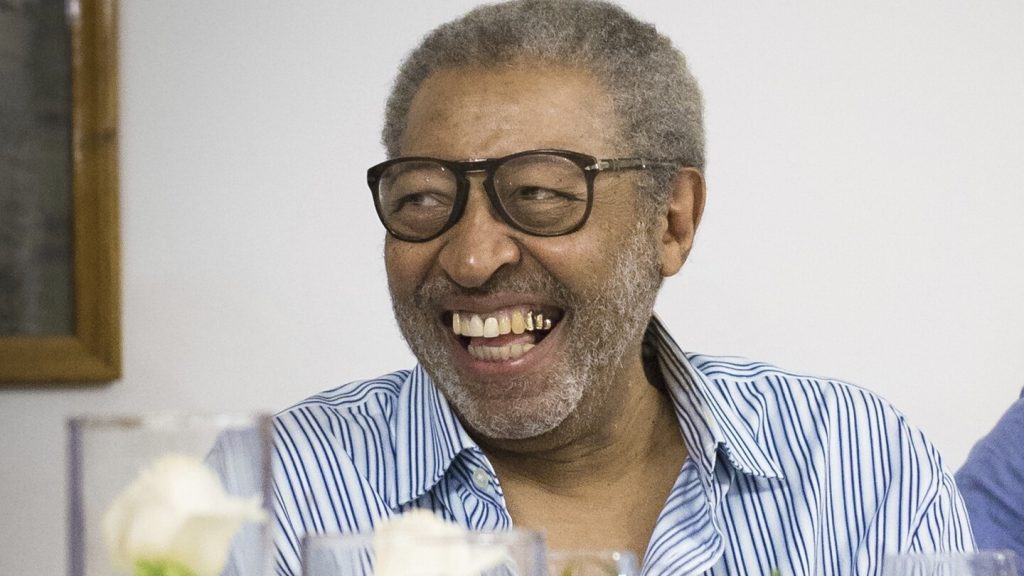William Strickland, a prominent civil rights activist and supporter of the Black Power movement, passed away at the age of 87 on April 10. Strickland’s involvement in civil rights began in high school in Massachusetts, and he was inspired by the writings of Richard Wright and James Baldwin while at Harvard University. He contributed significantly to the Black freedom movement, challenging systems of oppression that affected Black communities around the world.
In the early 1960s, Strickland joined the Boston chapter of the Northern Student Movement, supporting sit-ins and protests in the South. He eventually became the group’s executive director and aligned himself with the Black Power movement, emphasizing racial pride and self-reliance. Strickland collaborated with influential leaders such as Malcolm X and James Baldwin on various social justice initiatives, including rent strikes, school boycotts, and protests against police brutality.
As a vocal advocate for social change, Strickland criticized former Governor Rick Perry’s political decisions in a 2011 interview with the Library of Congress. His commitment to addressing imperialism, racism, and economic injustice mirrored the efforts of civil rights pioneer W.E.B. Du Bois. Strickland’s scholarship, teaching, and activism reflected his dedication to combating the triple evils of oppression present in society.
Following the assassination of Martin Luther King Jr., Strickland co-founded the Institute of the Black World, a vital hub for Black intellectuals. He went on to teach political science at the University of Massachusetts Amherst for 40 years and engaged with Black liberation movements in Africa and the Caribbean. Strickland’s writings on racism and capitalism were published in various outlets, and he served as a consultant for documentary projects, including “Eyes on the Prize” and “Malcolm X – Make It Plain.”
Known for his ability to make complex social issues understandable and accessible, Strickland empowered his students to confront racism, capitalism, and imperialism fearlessly. His intellectual prowess, combined with a sense of humor and a willingness to speak truth to power, endeared him to those around him. Relatives remember Strickland as an individual unafraid to share his knowledge and engage in honest discussions about the struggles faced by African Americans in the United States. His legacy as a fearless advocate for social justice will continue to inspire future generations.
In conclusion, William Strickland’s passing marks the end of an era for the civil rights movement and the Black Power movement. His unwavering commitment to challenging systems of oppression and his dedication to educating others about social justice issues have left a lasting impact on those who knew him. As the world mourns the loss of this influential activist and scholar, his teachings and his spirit of resistance will undoubtedly live on in the ongoing fight for equality and justice.


